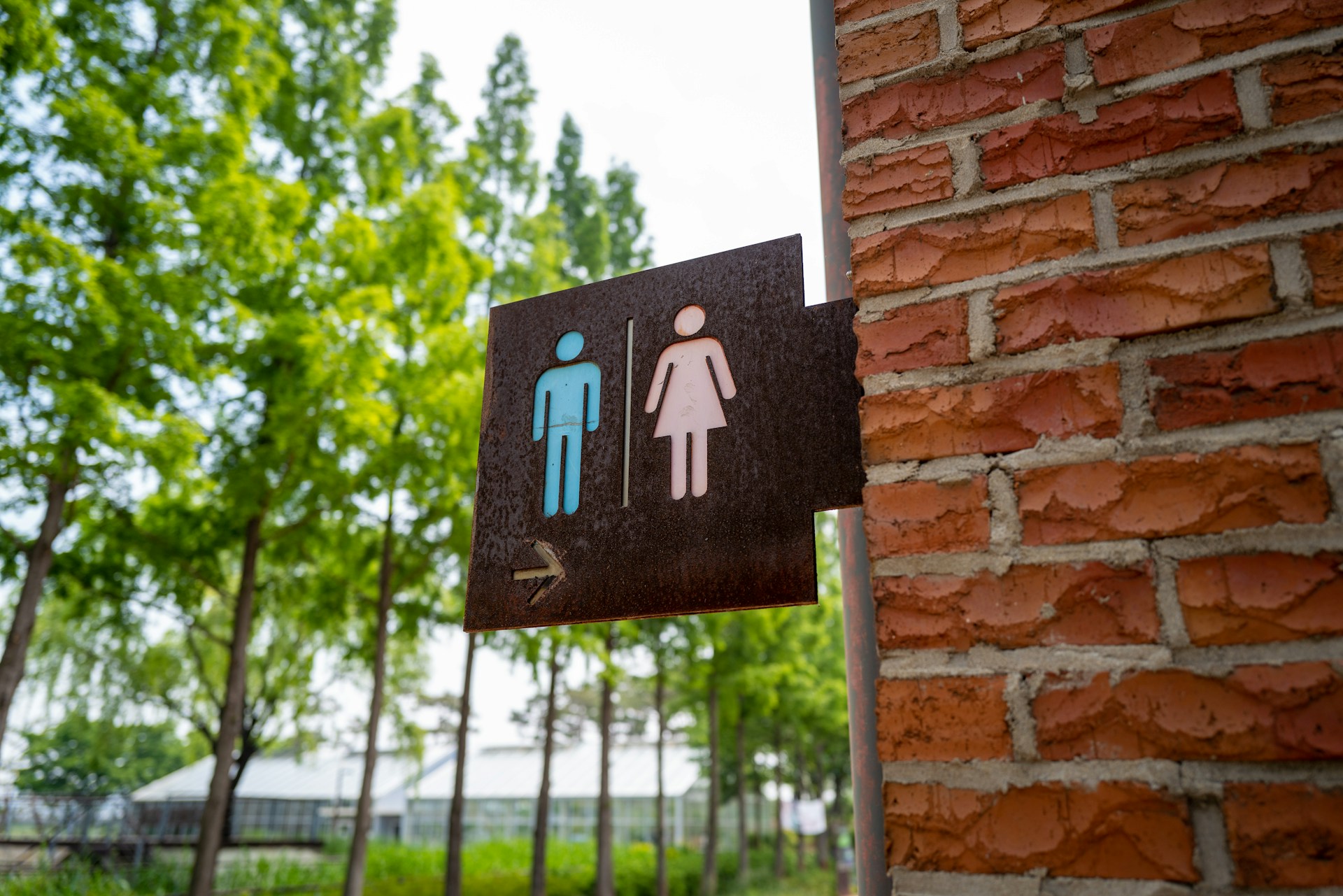The Texas legislature passed a bathroom bill this week, marking a significant conservative victory as lawmakers concluded a second overtime special session. The Texas Women’s Privacy Act mandates that bathroom use in government buildings, schools, and universities be determined by sex assigned at birth, imposing fines up to $125,000 for violations.
Explainer As A Former DC Cop, The Federal Takeover Was The Right Move
This legislation's passage contrasts sharply with the backlash faced by similar measures in other states, particularly North Carolina's House Bill 2 in 2016, which sparked widespread outrage and corporate boycotts. Companies such as PayPal and Deutsche Bank withdrew or paused expansion plans in North Carolina, while the NBA relocated its 2017 All-Star Game from Charlotte, resulting in an estimated $100 million economic loss for the state.
In Texas, however, the response from major corporations has been notably subdued. "We have not seen any significant public opposition from corporations this time around," said a source familiar with the legislative process. This lack of backlash is particularly striking given that tech giants like IBM, Amazon, and Apple previously opposed similar bills, citing concerns over discrimination.
In 2017, Texas attempted to pass a similar bill, Senate Bill 6, but it failed amid pressure from these corporations. Joe Straus, the Texas House Speaker at the time, sided with business interests, halting the bill's progress. IBM led the lobbying efforts against SB6, even taking out full-page advertisements in major Texas newspapers.
Fast forward to 2025, and the landscape has shifted. Public opinion on transgender issues has evolved, with a Pew Research Center poll indicating that 60 percent of Americans now believe a person's gender is determined by their sex assigned at birth, up from 54 percent in 2017. Additionally, support for bathroom and locker room restrictions has risen to 47 percent, according to a Public Religion Research Institute survey.
Critics of the bill argue that it discriminates against transgender individuals. "This legislation undermines the rights of a vulnerable population," said a spokesperson for a local LGBTQ advocacy group. They contend that such measures perpetuate stigma and discrimination against transgender people.
Supporters of the bill, however, assert that it is a matter of safety and privacy. "This law is about protecting the rights of women and girls in public spaces," said Texas State Senator Angela Paxton (R-McKinney), who voted in favor of the bill. "We need to ensure that our public facilities are safe for everyone."
The Texas Senate has attempted to pass various bathroom bills since 2017, but they have repeatedly failed to advance in the House. This time, however, the lack of corporate opposition has allowed the legislation to move forward without significant hurdles.
The change in corporate stance may reflect a broader shift in societal attitudes towards transgender issues. As debates around gender identity have intensified, some corporations may be recalibrating their positions to align with evolving public sentiment.
As the Texas Women’s Privacy Act takes effect, it remains to be seen how it will impact the state's political landscape and whether it will provoke any backlash from the business community in the future.
Why it matters
- The Texas legislature's passage of the bathroom bill marks a significant conservative victory, reflecting changing public sentiment on transgender issues.
- The bill imposes strict regulations on bathroom use based on sex assigned at birth, with hefty fines for violations, raising concerns about discrimination.
- Unlike previous similar measures, corporate backlash has been minimal, indicating a potential shift in corporate attitudes towards such legislation.
- The bill's passage may influence future legislative efforts and public discourse on transgender rights in Texas and beyond.
What’s next
- Monitor potential legal challenges from LGBTQ advocacy groups against the Texas Women’s Privacy Act.
- Watch for responses from major corporations regarding their stance on the new bathroom bill.
- Observe upcoming public opinion polls to gauge reactions to the legislation's implementation.

